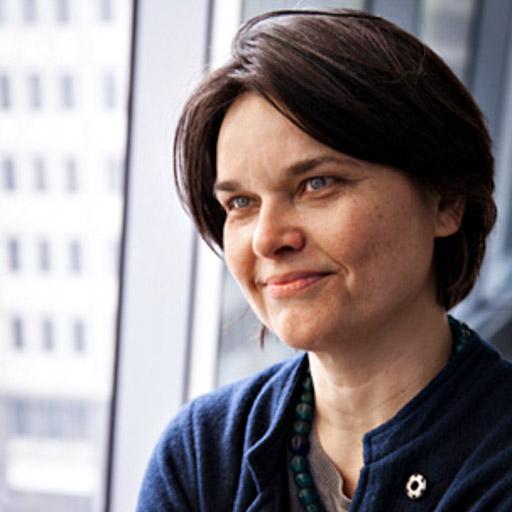
Ursula Neuerburg-Denzer, PhD
- Associate Professor, Theatre
Are you the profile owner?
Sign in to editContact information
Biography
Ursula Neuerburg-Denzer is a teacher, theatre practitioner and scholar. She studied movement and acting in Köln, Berlin, and New York City. She holds an MA in Performance Studies from NYU and a Ph.D. on Emotion Theories in Acting from the Freie University Berlin, supervised by Erika Fischer-Lichte. During the 1980's she did physical theatre in Berlin, in the 90's she became co-founder of Richard Schechner's East Coast Artist. She has directed and acted in Berlin, New York and internationally. Some of the venues include; La Mama, WOW cafe, PS 122, Theatre for the New City, Nada's Obie-winning Faust and Hamlet festivals, New Jersey Shakespeare Festival, and a Heiner Mueller Symposium in Sydney, Australia.
Since 1996, Neuerburg-Denzer has been a full-time teacher of acting, directing and theatre history and theory. Prior to her move to Montreal in 2006, she has taught at the University of California Santa Cruz, Swarthmore, PA, and Ramapo College, NJ.
Neuerburg-Denzer's research and teaching interest focuses on emotion studies for performers, and the connection between historical performance styles and contemporary practice. She regularly presents at national and international conferences and publishes on affect and emotion. She is a certified rasaboxes teacher, and is participating in a move to bring more visibility to this unique actor training method. In the summer, she regularly volunteers at the Bread & Puppet Theatre, where she can be seen running flags, animating large sheets of black plastic or collecting trash as a garbage man puppet.
Neuerburg-Denzer is mostly interested in situations of extreme pressure on the human being and how these states have been and can be expressed on stage. Since 2012, she has been collaborating with Cree playwright and theatre maker Floyd Favel on theatrical projects engaging with indigenous housing and the surrounding issues, from the sacred to the abject.


